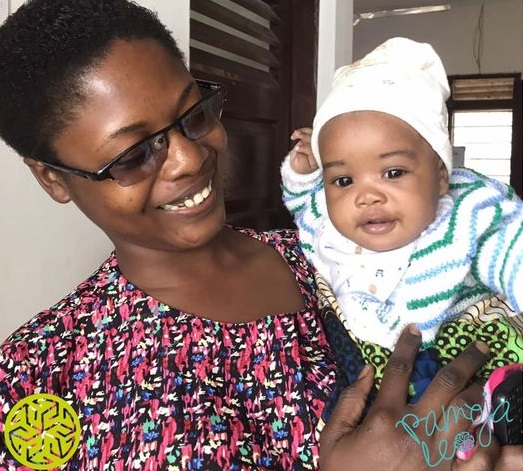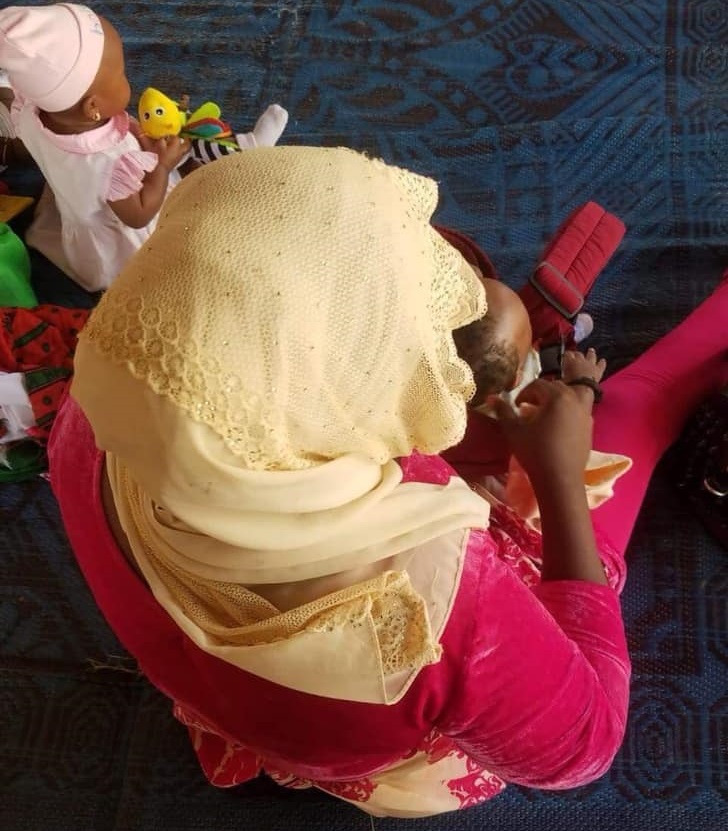So you have heard about the impacts of volunteering on children in Orphanages?
If you are still looking for research on that here are some great resources:
Huffington Post Article on Lumos
Who lives in Orphanages?
Most children in Orphanages have families. 80% is the global figure of the percentage of children living in Orphanages that have living parents. It is very important to understand that we need to change our thinking about who lives in Orphanages and that it isn’t Orphans but vulnerable children from families that have experienced some form of crisis of need; often poverty.
Attachment and emotional impacts
IN brief teaching children’s that
Love always leaves- is not the right type of message to send to a child and can lead to emotional difficulties.
TO create temporary intensive bonds that keep breaking, when they lack any permanent primary caregiver can have significant attachment trauma.
If you don’t have experience working with children that have experienced trauma you can make a lot of mistakes. For example understanding attention seeking behaviors that stem from a deep anxiety and reinforcing them negatively making a child believe the only way to develop relationship with others is to deceive them.
Supply and demand
There is evidence in many countries that children are in Orphanage care instead of at home with their parents because of a demand created by the volunteer industry to have homes of children for people to volunteer at. Your presence could actually be causing a child to be in orphanage care in the first place.
When incentive is to have children in the orphanage over other better alternatives, we create a commodity in children being institutionalized. When you provide a financial incentive to have full orphanages, they will fill! Volunteering is one of those incentives.
In some cases orphanage have become like a profitable business.
Diversion of funds
It has become easier to fundraise for and funds are being channeled into orphanages instead of dealing with the reason why children are there in the first place and helping them to get into a permanent home.
It is often more cost effective to send a child home by dealing with the root cause of vulnerability but this is often overlooked and we create a life long dependence in the children and the family instead of empowering a family with the tools, skills and resources they need to care for their children
Lastly, there are alternative care solutions
Foster care
Kinship placements
Adoption
These are all good options for children truly in need of alternative care placements and they ensure that get a family type environment to grow in which research has shown to be the best place for children to grow.
More links
Please watch this!
https://youtu.be/wUUjPvnWFgM
Here are some words you should absolutely know if you care about this work:
Orphan: Orphan statistics are created by UNICEF usually who defines an orphan as a child who has lost one or both parent.
Alternative care: Care of a child outside of their biological family environment.
Reunification: When a child returns to their family of origin.
Institutional care: Care of children in settings with high number of children to caregivers and little individual attention. Orphanages are a type of institutional care.
Kinship care: Care by extended family relatives such as Grandma and Aunty.
Orphanage Trafficking:
In summary facts about care:
Most children in Orphanage care could go home to families with help.
Many have Mums and Dads that sought help and the only help offered was to take their child away.
Sometimes orphanages recruit and lure children away from their families with false promises.
Children do better when raised in loving and safe family environments.
Dealing with the root of the problem facing the family should ensure that most children will be able to return to family care.
Orphans can be cared for in community.
This graphic from Faith to action
Common arguments for Orphanage Volunteering
But at least I get to show them some love?
We will deal with 2 assumptions in this argument first; Firstly implying the children don’t already feel love may not be so true- in well run establishments the children may very well be experiencing loving relationships with their caregivers and if anything those are the relationships that should be nurtured. Secondly what type of love are you showing? Remembering that you may only be around for 3 months or less
It’s better to do something than nothing?
The first principle of humanitarian work is; First do no harm! So yes sometimes nothing is better than something. There is good reason why this statement has been made as central to the ‘helping field’- its because the pull to do something when we face challenges and suffering needs to be reasoned with the understanding that helping does not just come from the heart, but needs logic and skill.
I know this Orphanage well and they seem really nice and in great need so I want to help?
We would not rely on the intention of the business or company when picking a lawyer to represent us in court, the woman that was going to make our wedding dress or the surgeon about to perform invasive surgery. We would look at their skill,professionalism, track record and ability to deliver results. When evaluating orphanage care provision, we need to use objective markers of these things not subjective markers such as;the owners are nice,well intentioned, spent a lot of money or can tell good stories.
Using objective markers of quality care provision is an important part of protecting and providing for children.
So do we all just stop caring about Children in Orphanages and the problem will go away?
NO absolutely not!
Actually we want to say the opposite. Asking people to do better shouldn’t mean do nothing. This is big to us, we are not saying do not care but we do advocate for caring in ways that are proven to be child centered, impactful and rooted in family and community.
So… WHat can I do?
Invest in organisations that are:
Training social workers
Reunifying children home from orphanages
Family strengthening programs AKA family preservation, family support services, orphan prevention. These areas of work are SO key.
Working on Alternative care provision- promoting kinship foster care- so Children to be cared for by extended family, traditional foster care support and adoption.
Helping orphanages transition their models of care
“But I still want to volunteer?”
Ok great here are a few ideas:
Volunteer with an organization in the above fields
Volunteer in indirect service roles- Fundraising, staff training, social media content creator, photographer.
Volunteer on our Child Ambassador program- Any place, anywhere- you can turn your passion for getting children home in families into results. Take on a sponsored silence, spread the word, become an advocate and raise funds to get children home.
Here are some good hashtags to follow on Social Media:
#famileisnotorphanages
#childrenbelonginfamilies
Organisations around the world working on this
( there are many Religious actors in this field- I will indicate S for Secular and C for Christian organisations at time of writing we were not aware of any Islamic faith based work in this field. As a Non Religious org we always try and include multiple faith perspectives when mentioning faith based work wherever possible.
Advocacy programs:
Lumos
Asia
Africa
Pamoja Leo
S.America
Caribbean
Any??
Conclusion points
Not all care homes are bad but they are not places to raise children one term. We should always strive for the best for children.
There is so much work to do in getting children home and helping them to stay safe and secure. Not volunteering in orphanages is only one part, the big work is in making sure the children get alternatives.
After all this and you still want to go and volunteer in an orphanage?
Ok maybe you are working with a really ethical place or you are just determined to make a conclusion for yourself.
How are children referred into care? How are they being transitioned into a permanent home? (Remembering large scale institutional care should never be long term)
Read the UN alternative care guidelines- If you choose to go- please go informed. It’s too high stakes to go into it uneducated.
Email us for our orphanage care checklist. THis resource can help you make informed conclusions.
Our work is to transform care for Oprhan and Vulnerable children. ‘This is part of our advocacy and we hope the idea of know better do better applies here.


